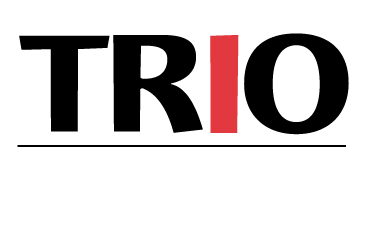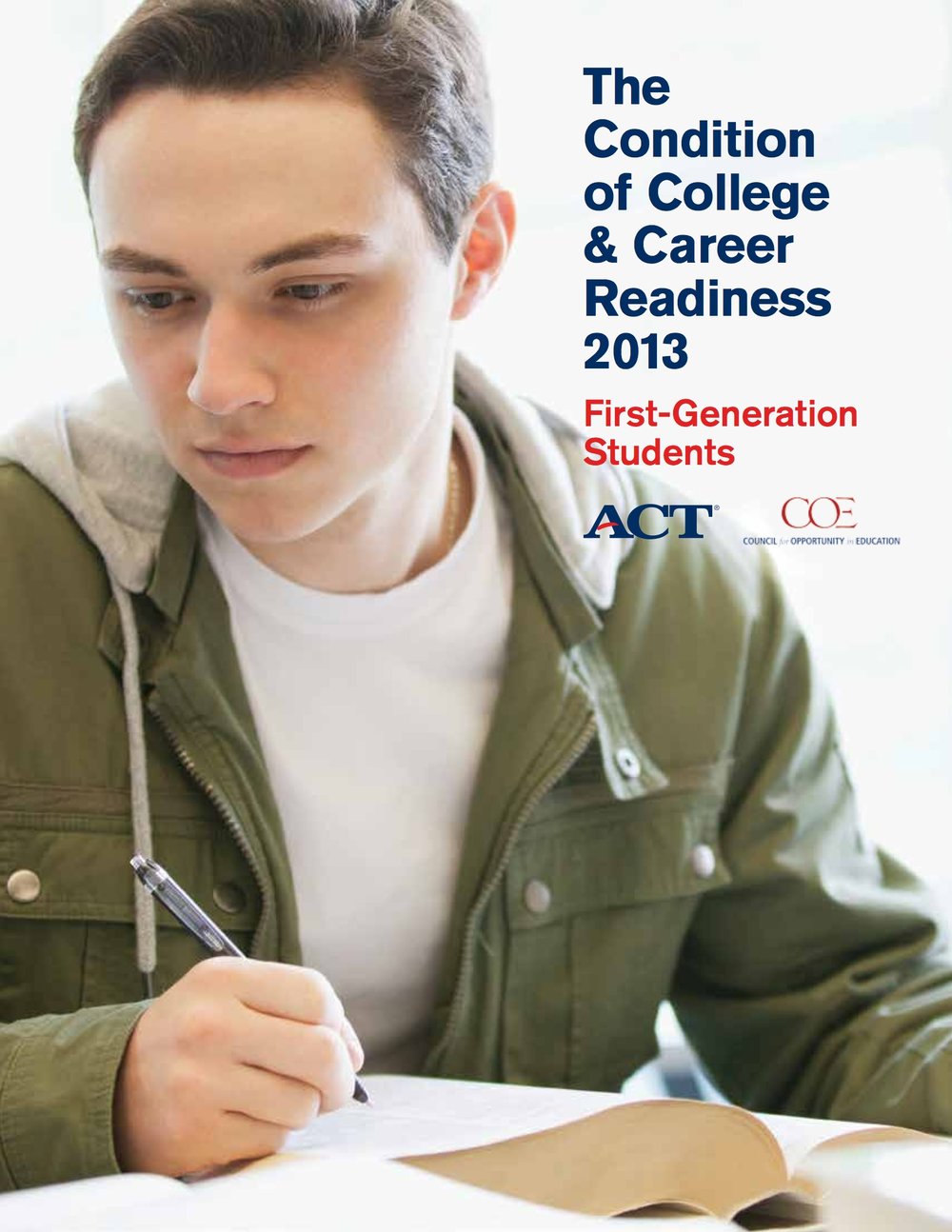While President Obama was urging college presidents on Thursday morning to follow through on their new commitments to improve access for low-income students, lawmakers on Capitol Hill dusted off some older promises for examination. The U.S. Senate's Health, Education, Labor, and Pensions Committee met for a special "round table" to discuss changes in two federal programs that aim to improve access by helping needy and minority students prepare for college—TRIO and Gear Up. The hearing was part of the coming reauthorization of the Higher Education Act.
Consistent with past reauthorization hearings' focus on simplifying federal higher-education policy, some senators on Thursday questioned whether the two programs were still relevant. Sen. Lamar Alexander of Tennessee, the committee's senior Republican, asked a group of five panelists if the budgets for TRIO and Gear Up, which each encompass several separate programs, would be better spent on more Pell Grants. Members of the panel giving testimony largely defended the programs' benefits, saying they offer one-on-one counseling and support that many students cannot get anywhere else, among other things. Tallie Sertich, director of the Climb Upward Bound program at Hibbing Community College, in Minnesota, said many students who received Pell Grants "still need the academic preparation that the TRIO program provides on the front end."
But senators and panel members agreed that simplifying federal student aid was in order. Senator Alexander alluded to past testimony that recommended shortening the main federal-student-aid application and informing students during their junior year of high school how much aid they will receive, among other changes. Ron Haskins, a senior fellow at the Brookings Institution who testified on Thursday, said such simplification "has been a great idea for years," and the committee should ask the Department of Education why it has not happened. Other panel members stressed that simplification was only part of the solution. "We need a bunch of big strategies to make a big dent" in the access problem, said Douglas N. Harris, an associate professor of economics at Tulane University.
Senators and panel members also focused on how to improve elementary and secondary education in order to increase college access. "Kids from low-income families come to the K-12 system already seriously behind," Mr. Haskins said, adding that "the K-12 system makes them further behind." Sen. Elizabeth A. Warren, a Massachusetts Democrat, widened the discussion, asking panel members to suggest ways to drastically increase the number of degree holders over the next several years. Members of the panel suggested more spending on TRIO and Gear Up, along with a greater focus on community colleges and precollege education. Sen. Tom Harkin, Democrat of Iowa and chairman of the committee, concluded the hearing by suggesting that the way forward for TRIO and Gear Up may be "incentivizing states to come up and support" the programs.





